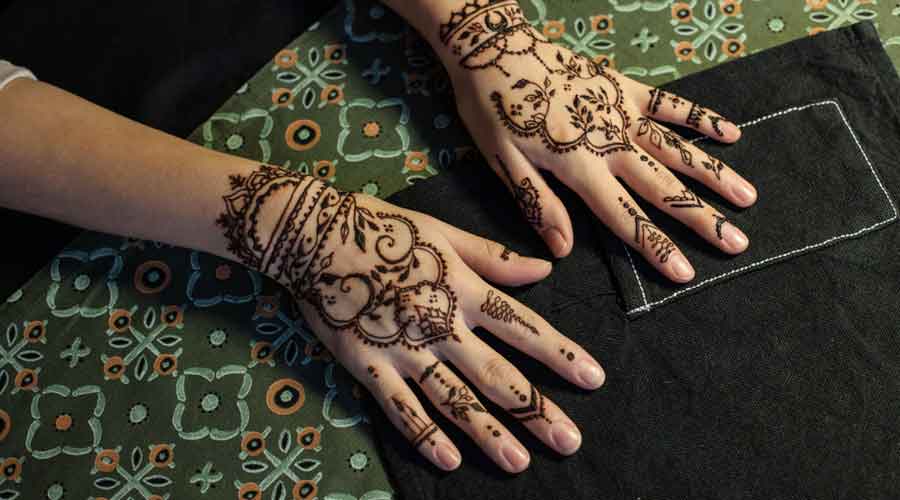When India began lifting its coronavirus lockdown, Meera, a child bride from Rajasthan, was focused on just one thing: when she could start playing football again.
In Rajasthan, one of the regions where early marriage persists despite being outlawed more than a decade ago, a girls’ soccer initiative is tackling gender inequality, and giving child brides the confidence to fight for their rights.
“The day I was married, I was supposed to go to my first football camp. I protested, but my father didn’t listen to me,” the soccer-crazy 15-year-old told Reuters over phone.
“I’m more assertive now. I’m no longer shy. I started playing again about a month ago.… The question of me leaving does not arise,” said Meera, who was married three years ago in a mass wedding along with her two sisters.
In keeping with the usual practice for girls married early in Rajasthan, most child brides do not have their “gauna” — the ritual sending off to live with their husband and in-laws — until they turn 18, the legal marriage age in India.
But as the coronavirus pandemic closed schools and deepened rural hardship in one of the world’s worst-hit countries, Meera feared the gauna might come early for girls in her village.
Unicef data from 2018 found that about 27 per cent of girls in India get married before they turn 18, down from 47 per cent a decade earlier, but advocates have warned that the Covid-19 crisis could lead to a spike in child marriage and put paid to recent progress.
Of 223 million women and girls in India who were married off as children, almost half were wed before turning 15, according to the Unicef.
‘Seen the world’
Meera and her teammates got their first taste of the Beautiful Game thanks to a programme launched four years ago by the non-profit Mahila Jan Adhikar Samiti (MJAS), which aimed to fight child marriage and help girls achieve their dreams.
It focuses on four villages in the Ajmer district of Rajasthan where early marriage is common.
When Indira Pancholi, founder of MJAS and joint head of the Girls Not Brides Rajasthan Alliance, got funding for a sport-based initiative, she went out to ask girls which was their favourite game, only to find most had never played anything.
But in the end, they opted for soccer.
“We didn’t know why they chose football, but realised from their conversations that they wanted to run in an open ground,” Pancholi said.
More than a quarter of the 170 girls who belong to Meera’s team were also married as children or engaged to be married.
When the coronavirus lockdown brought India to a virtual standstill in March, Sudhir Joseph, joint secretary at the Rajasthan Football Association, which coaches the girls, said he worried that many of them would give up.
“Football took them out of their homes... they have seen the world outside their villages,” he said.
When Rashi, 17, returned from her first football camp wearing shorts and a t-shirt and not the wide skirt, blouse and long scarf that she
had set off in, her parents reacted angrily.
Little by little, parents and neighbours began to accept the football-playing girls as they brought trophies home from local tournaments or matches in big cities.
‘Courage to speak up’
Pancholi said football had turned out to be a “great strategy”, highlighting the success of convincing the girls’ families to let them take part in week-long camps.
“I want them to have the courage to speak up and not get trapped in marriage,” she said.











